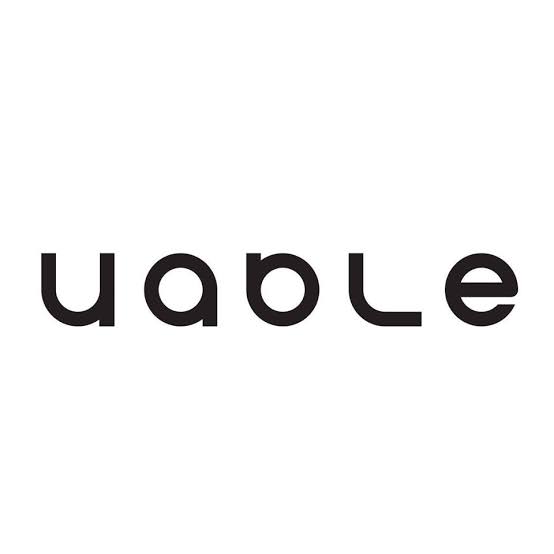Bengaluru-based online life-skill development platform Uable, has secured an undisclosed amount in seed funding for product/brand development, technology and hiring talent on 17th July, 2020. Uable was founded in 2019 by Saurabh Saxena, the co-founder of Vedantu.
The seed round is led by 3One4 Capital. Jupiter founder and CEO Jitendra Gupta, PineLabs’ CEO Amrish Rau, Inflection Point Ventures, AngelList and Global Founders Capital have also participated in the round.
Saurabh Saxena explained that the company has been frugal in terms of its spending so far, but considering the experience and feedback from clients it plans to develop the product further. He further added that the company has been bootstrapped since December 2019.
Uable is planning to utilize the funds in building and developing a new category of Edtech which solely focuses on skill development without missing creativity. He noted that the traditional education system is focused on traditional forms of education through digital content, without paying much heed to creativity, adding further that a child’s creativity drops from 98% to 12% between the age of 6 to 12.
“I have been an educator and an entrepreneur for the last 15 years. As a professional educator, I have seen that part of the world- conventional education system, star teacher, content, exams, rank, grades, marks, the entire journey but over the last few years I started to realize that we need to see education from a different lens and we are only pushing them into a rat race by pushing them into a conventional system,” said, Saurabh Saxena.
About Founder
Saurabh Saxena was an IIT Roorkee (2001-2005) alum. Before Uable, he has built two edtech ventures, Lakshya and Vedantu. Lakshya was an edtech institute chain in North India that focused on competitive exams. The company was founded in 2005 and sold off in 2014. In 2011, Saxena cofounded edtech giant Vedantu that focuses on K12 and test prep. The company, on Thursday (16th July, 2020) announced that it has raised USD 100M at a USD 600M valuation.
Uable’s Fresh Approach
Uable serves real-life role-based programme to empower children to explore different domains at an early age and develop future-ready skills for roles in programming and tech, science & technology, art & design and more. The start-up strongly believes that this reality based learning truly helps them grasp more.
It is a subscription-only model, but the company is planning to offer certain courses for free. Currently, Uable hosts free workshops to onboard more children to deliver this great learning experience. The founder of the company also claimed to have received great feedback from both children and parents.

Uable
He also emphasised that the 21-century parents understand the need for creativity in learning and are willing to pay for it, but there are hardly any solutions catering to this need. The fact that Uable is focused on the creativity aspect and has a scalable revenue model has gone down well with the investors, Saxena added.
Edtech Leads The Way With Online Coaching
Due to the pandemic COVID-19 and resultant lockdown, the edtech domain has seen a spurt. Parents and traditional institutions have turned to digital education as traditional forms of learning seem too far to reach out. Schools are either relying on video conferencing platforms to teach or on already setup edtech ventures.
Earlier in March, when schools started shutting down, BYJU’s noted a 150% surge with 6 Mn new students onboard, whereas Vedantu noted a 42% traffic on the platform, compared to 54% of paid users. The Covid-19 pandemic is known to have the same effect on edtech that the demonetization in India had on digital payments. Notably, major Indian edtech startups cater to academic needs and skill development of students through digital classes and content, but not to their creative needs.
Last month, Karnataka state department of primary and secondary education banned online classes for kindergarten to Class 5 students after the recommendations of BN Gangadhar, director of the National Institute of Mental Health and Neuro-Sciences (NIMHAS). The Karnataka government also took into account the complaints from several parents about online classes conducted by private schools even for kindergarten students. As we can see that digital education has taken over traditional education to a greater extent, the scope of edtech startup is steadily growing.



































I feel this is among the most significant
info for me. And i am satisfied reading your article.
But wanna observation on few basic things, The site taste is wonderful, the articles is really nice :
D. Excellent job, cheers.